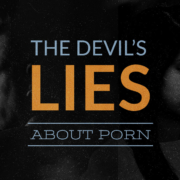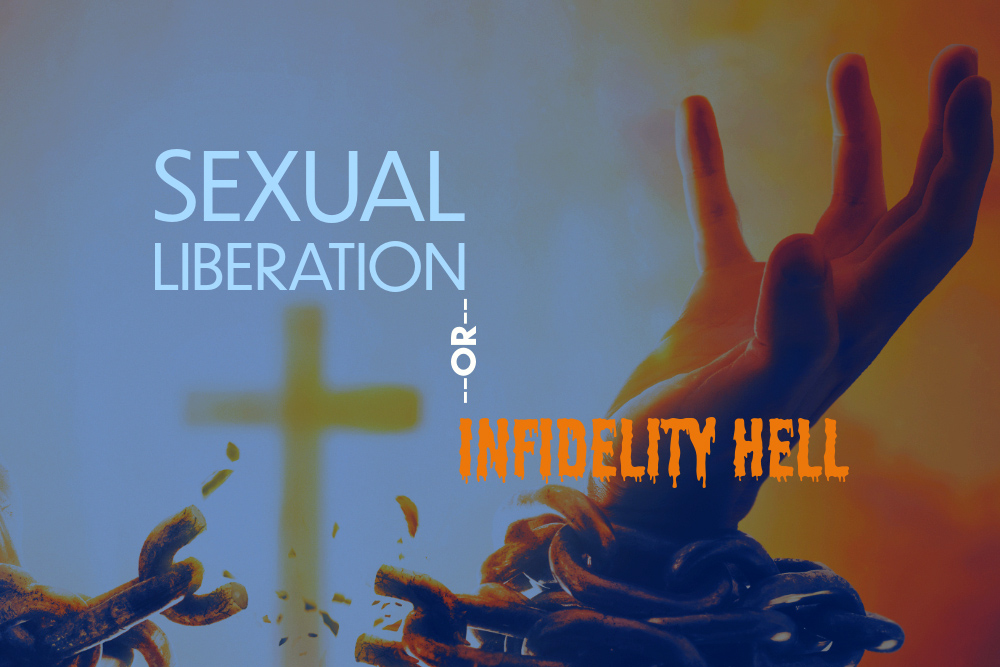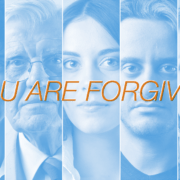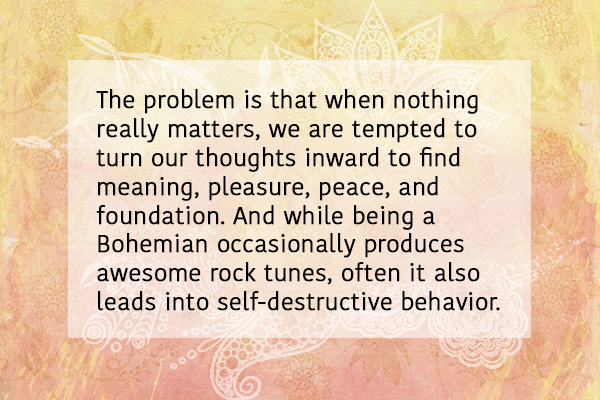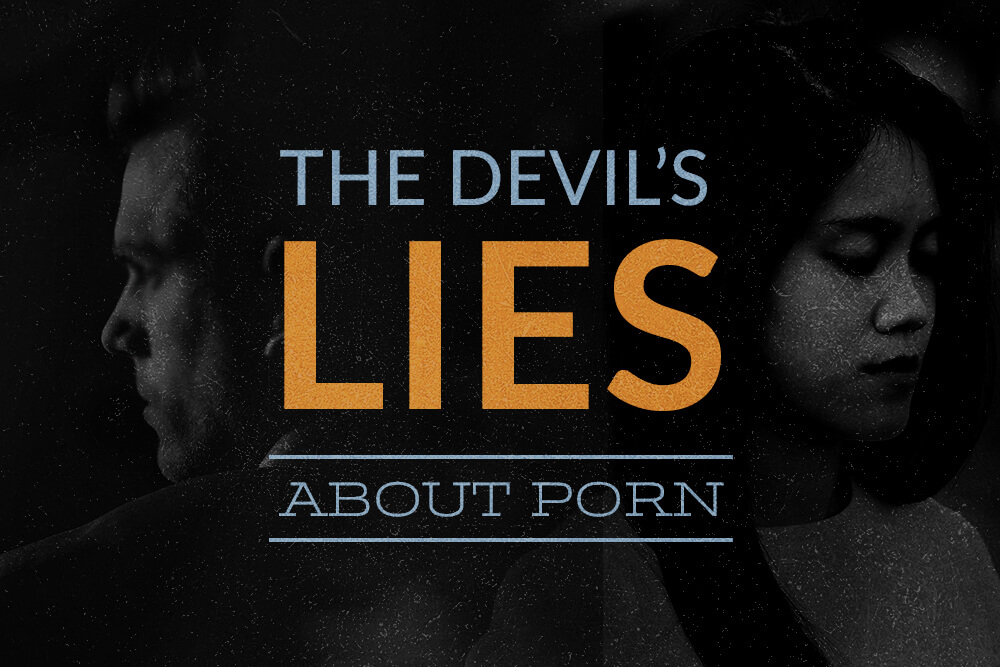
You’re Not Hurting Anyone
It is so easy to believe this because screens are deceptive barriers. No one gets concerned for the health of an actor when we see a fight scene in a movie. A tragedy in a sitcom may tug the heartstrings, but we know that the pain is fabricated and the tears don’t leave the set.
Porn is not like that.
Its effects do not remain behind the screen. Though it may be scripted, it is not inconsequential. Those are real people performing real acts that defy God’s desires for our bodies. And it’s not just the actors and actresses who are affected. Watching those actions has real detrimental consequences on the viewer.
Though the porn industry often causes serious problems in the lives of the performers, it always does harm to its viewers.
Porn teaches both men and women unrealistic and unhealthy expectations about each other’s bodies.
Porn teaches both men and women unrealistic and unhealthy expectations about each other’s bodies. Some types present sexual violence as a legitimate and beneficial way to find pleasure. Porn can lead to sexual dysfunction. It breaks the trust in relationships and infiltrates the committed love between spouses.
The use of porn can create a negative feedback loop of shame in the mind of the user. But most importantly, porn takes blatant violations of God’s will for his gift of sex and throws it in our faces declaring, “This is good!” The private and secluded environment in which most porn is viewed can delude us with the lie that there is no impact to the outside world.
But pornography hurts the people on both sides of the screen. It harms the viewer’s relationships, both with family, and more importantly with God.
Your Body, Your Business
Throughout history, sexual sins have had some of the strongest societal taboos. It is not so with porn in our society. In fact, during the height of the pandemic some governments were encouraging their locked-down citizens to watch porn and ease their sexual desires in that way.
Again, the deceptively secluded nature of watching pornography allows the devil to convince us that it’s really not anyone else’s concern if this is how we find satisfaction or relieve stress.
It’s not like infidelity or premarital sex because you’re not physically committing sin with anyone else, right?
And while it’s true that the consequences of those things may be more visible, pornography is also out of line with God’s plan for how we use our bodies, and specifically our sexuality.
So while the world may tell us watching porn is a personal matter, we know that is not the case. It impacts current relationships and is a hindrance to future ones. But most dangerously, it can damage our relationship with God.
Make no mistake: Watching pornography is a sin.
Our bodies are not our own; they are temples of the Lord who made them (1 Corinthians 6:19).
Acting in a way against God’s desire for our bodies transgresses his perfect law. Repeated sins that become entrenched in our lives always present a threat to our walk of faith.
This is Who You Are
One of the most soul endangering deceptions that Satan works on believers is that the identity of a Christian is tied to their sins, that what we have done defines us.
Again, to our logic which is corrupted in the sinful world, this doesn’t seem like so much of a stretch. Throughout history people have been associated with their actions, whether noble or devious.
Felons face the reality of the societal identity their actions have given them every day. Even neighbors decide who gets a friendly wave and who they happen to not see based on what they’ve done. This is Satan’s final and most devastating tactic.
After he has convinced you to seek your own pleasure, he turns the perfect mirror of God’s law toward you and laughs, “What sort of ‘Christian’ would do that?!?” His final aim is for you to believe you are what you have done…failure.
When God the Father looks at us he sees only the perfection of the Son, won by his sinless life and sacrificial death.
But praise be to God that he does not look at us through the lens of our actions. When God the Father looks at us he sees only the perfection of the Son, won by his sinless life and sacrificial death.
Viewing pornography is a sin that hurts the producer, the viewer, and the loved ones around them.
But for those who believe and confess that Jesus is the Savior, a sexual sinner is no longer who you are. Rather, you are washed, redeemed, and justified through the blood of Jesus.
That does not mean that quitting porn will be easy, but it does mean that it is possible.
And it means that after every fall you have a Savior picking you up in love and after every triumph you have a Father rejoicing as you walk in service to him.
Admitting to a porn problem is daunting and worrisome, especially for Christians. But Christ did not call us to walk in fear.
Recovery is possible. The God who set the stars ablaze and spun the planets looks at his children not as a collection of their sins but as a reflection of his Son’s holiness.
Jonas Landwehr is a pastoral studies student in his second year at Wisconsin Lutheran Seminary.

